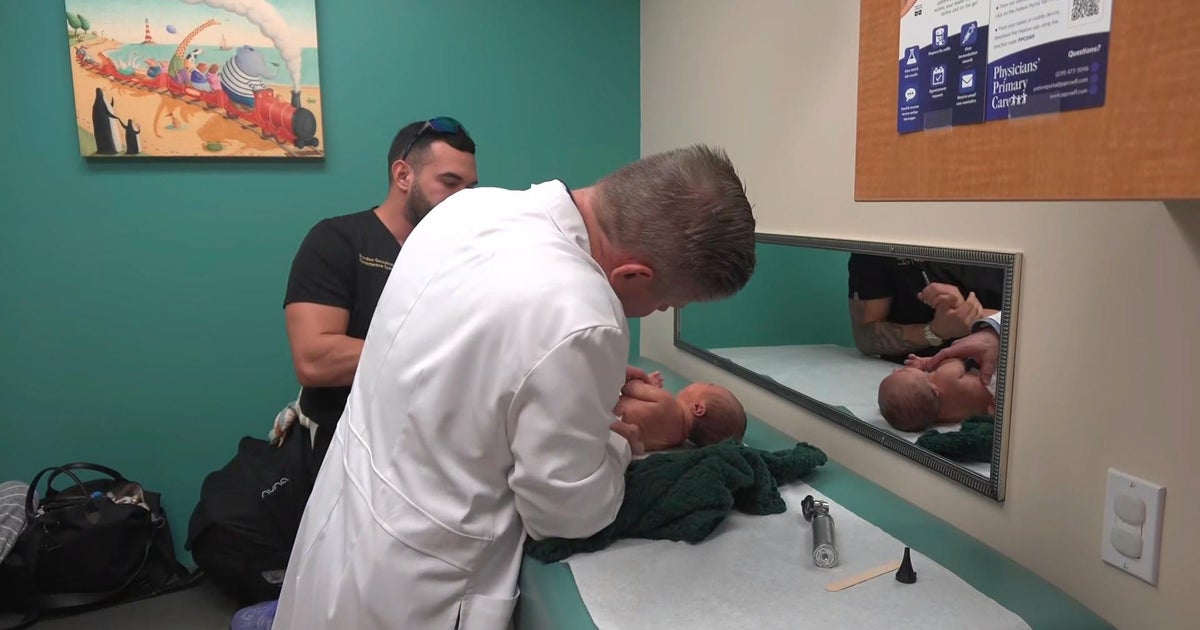It can start with feeling tired. Maybe you’re just run down. Then the sore throat, runny nose or headache kicks in, sometimes accompanied by fever, muscle aches and coughing. Before you know it, you can barely lift your head.
In the midst of winter, it feels like everyone is getting sick right now, with infections ranging from the common cold to respiratory syncytial virus (RSV) to the flu. While all three are caused by viruses, flu and RSV symptoms are typically longer lasting and more severe than a cold, with some cases developing into serious complications and even death.
While COVID was the leading cause of respiratory infection-related deaths from 2023 to 2025, the number of deaths attributed to influenza, or the flu, are on the rise this year, creeping up towards 2019 figures.

The flu season might be in full swing, but there are still ways to avoid getting sick.Credit: Alamy Stock Photo
Although the flu is no fun for anyone, some people in the community are more vulnerable than others. Susceptible groups include children under five years, adults over the age of 65 years and those with underlying health issues, especially respiratory conditions.
Clinical director of public health at Sydney Local Health District Dr Leena Gupta says there are some simple ways to minimise your chances. And if you do succumb, she also has some advice for what will – and won’t – get you back on your feet.
Loading
Get vaccinated
It’s not too late to be vaccinated. While some businesses offer free vaccinations to staff early in the season, you can still be vaccinated for the flu at participating pharmacies or your GP. Dr Gupta says it is still by far the best option for staying well this season.
“One of the important things we tell people is to get vaccinated,” she says. “It is about protecting yourself and preventing transmission to people who are more vulnerable.”
It takes about two weeks before the vaccine is effective, however it should provide protection for three to four months, covering you for the rest of the season.
Wear a mask
If you regularly find yourself in crowded environments, wearing a mask and maintaining social distancing of at least one metre will reduce your chances of infection. Flu infection rates in Australia fell during the COVID pandemic in Australia as most people stayed home and wore masks in public.
If it’s impractical to wear a mask at work, consider wearing one on public transport. Disinfecting your hands with sanitiser once you’ve left the bus or train is also a good idea.

Wearing a mask on public transport is advisable to avoid transmitting viruses like the flu.Credit: Getty Images
“Maintaining a one-metre distance from each other is advisable if you can,” Dr Gupta says. “Using crowded public transport or going into a crowded building increases your chances of infection.”
Wherever possible, choose open areas including outdoor environments to reduce your exposure.
“We encourage people to choose well-ventilated spaces. If you can be outside, that’s even better.”
You’re sick, what now?
Dr Gupta’s advice is simple: stay home.
“If you have the ability to work from home, you should do so,” she says. “Don’t visit people who are in hospital or at high risk if you are sick.”
While antivirals are recommended for at-risk groups, for the general population, rest and fluids are still the best pathway to recovery.
Loading
“With vitamin C and fresh vegetables, there is no evidence that [consuming them] will reduce the period of being unwell,” Dr Gupta says. “There are some studies that show for people who are at high risk that antiviral medication can reduce the time of the illness and the symptoms. Other than taking care of yourself – you don’t want to get into a situation where you develop a secondary bacterial infection – the general advice when you are unwell is to stay at home.”
Even if you’re on the mend, she says it pays to be cautious.
“Some people can feel better, but they still have a runny nose. Please still stay at home because you can still spread the infection.”
When should you go to hospital?
Most of the time, flu symptoms do not warrant presenting at hospital. However, if you are not improving, you may need further medical care. If you’re unable to see your GP, phone services such as HealthDirect can put you in touch with a registered nurse who will walk you through your symptoms to help assess whether a hospital visit is appropriate.
The risk with an illness like the flu is its ability to weaken the immune system, making you susceptible to further, sometimes life-threatening, infections.
“Flu can be really severe and there is a spectrum of illness,” Dr Gupta says. “If you feel you are not improving, you are having difficulty breathing or chest pain, go to hospital.”
Make the most of your health, relationships, fitness and nutrition with our Live Well newsletter. Get it in your inbox every Monday.
Most Viewed in Lifestyle
Loading


















































